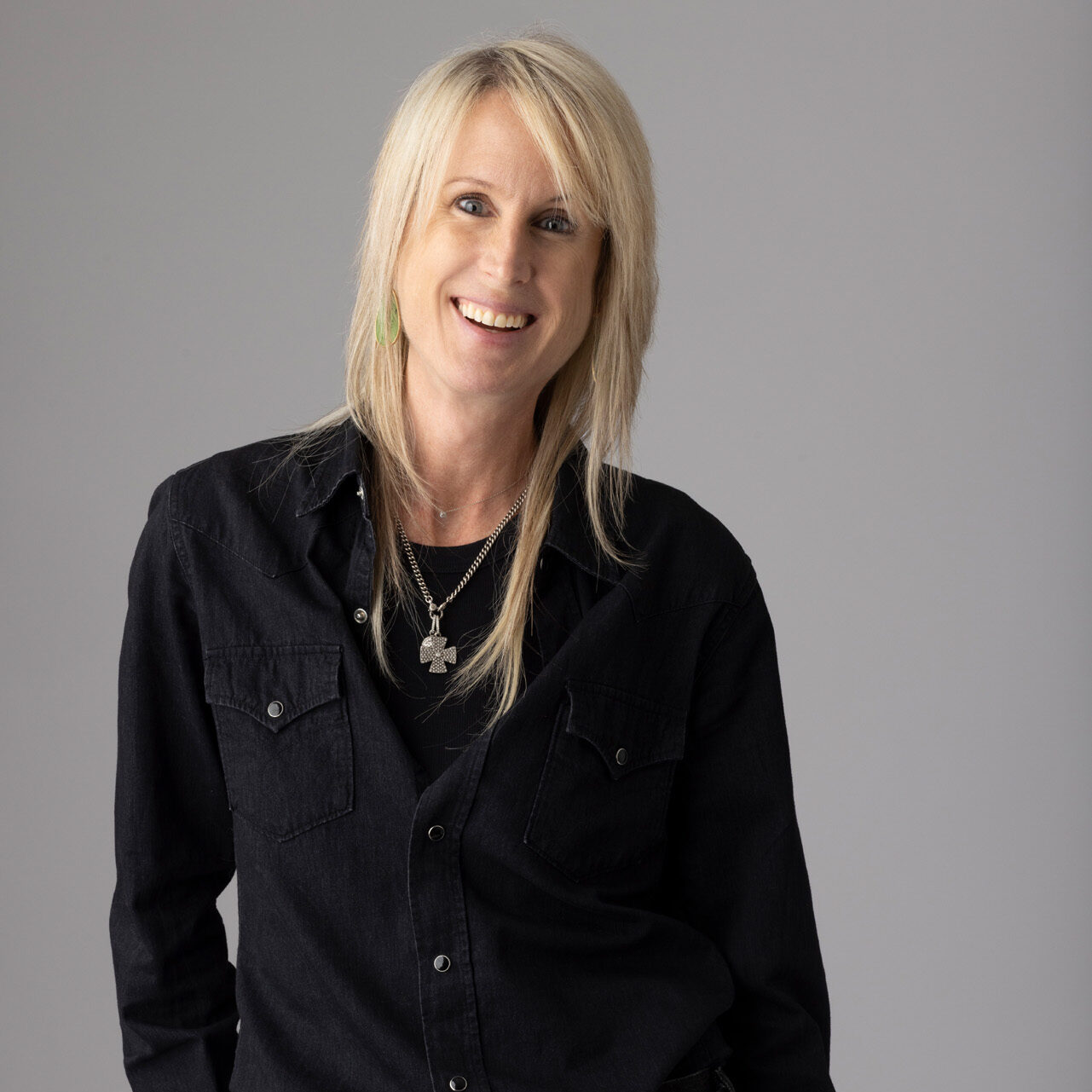2020 has been a forcing function for every company and every investor on the planet to rethink recruiting practices. The traditional model of recruitment involved travel, in-person interviews, handshakes, on-sites, and so on. Now that these practices have changed and continue to evolve, we spoke with founders from the Norwest portfolio to find out what is working.
1. Community
Community has never been more important for recruiting. Over the past seven months, founders and their functional leaders have leveraged Norwest’s internal platforms to stay connected, and recruiting has consistently been top of mind. CEOs, HR leaders, and CFOs have been checking in with each other on equity programs, verbiage for relocation in offer letters, best practices on diversity, equity, and inclusion, and generally to offer support. As we noticed the uptick in conversation and activity on the platform, it quickly became obvious that it would benefit each group to get together (virtually). We hosted CFO roundtables and calls to cover how our finance leaders are working with their CEOs and Boards through headcount planning and compensation. We hosted HR roundtables and calls where our VP of People offered a wealth of advice on legal compliance, remote onboarding, and work from home policies to help our companies stay competitive. We also shared resources and best practices on key topics such as how to promote diversity and inclusion in recruiting. In these strange and uncertain times, leveraging your peers and community to learn from each other is invaluable, so don’t go it alone.
2. Flexibility
Despite the disruption caused by lockdowns, something we have seen is that savvy leaders have quickly found new ways to be flexible. With everyone working remotely, the talent pool has grown wider. This has created an opportunity to include more diverse candidates in the hiring process, which is a top priority for our firm and portfolio companies. It has also opened the aperture to recruit candidates who were previously averse to a commute. Companies are realizing that all employees don’t necessarily have to be in the same city or state all of the time and that hiring in other cities may be a more affordable option. For example, luxury direct-to-consumer brand SENREVE quickly adapted its recruiting practices. Instead of requiring its new hires to be in the same city, the leadership team realized that they could set up back-office functions like finance in geographies where the cost of living is lower. They also found operational and marketing leaders in other cities where that talent is more accessible.
Here’s Coral Chung, CEO & Founder at SENREVE, on how they’ve leveraged flexibility:
“We’ve been successful with having a tight strategy from early on so that interviews over Zoom are pretty seamless. We let candidates know exactly who they’re going to be meeting with, and we’re flexible with their schedule. We are also able to incorporate a ‘super day’ and final presentation virtually. We made our recent exec-level hire fully over Zoom. Our team is very distributed globally, so we also gave them the option to work from a remote location for the first six months.”
3. Sensitivity
The last several months have also highlighted how wary people have become about relocating. Pre-COVID, for an attractive position, relocation was the norm. But now, any sort of forced relocation could discourage certain people. Candidates are less willing to move right now, especially if they have a family. With so much uncertainty, our companies are learning to have increased sensitivity to a candidate’s needs. We’ve seen a more generalized risk aversion to making a career change. Candidates with impressive offers have hit pause because they already have a cushy salary and don’t want to risk a move. Candidates who previously would have been excited to take a risk and roll the dice are now thinking twice, so our companies are taking longer in the recruiting process to get to know candidates to make them feel comfortable.
4. Creativity
COVID or no COVID, the talent market is not any less competitive, so our companies are employing creativity. With both candidates and hiring managers working from home, scheduling can be much easier, whether it’s for a video interview, virtual wine tasting, socially distant hike, or outdoor barbecue. It’s no longer necessary for candidates to take off a full day of work for hours of interviews, so be creative with how you sequence your interview schedule and use the flexibility to your advantage.
Discuss the process with your hiring team in advance, and practice good candidate experience hygiene. Who is going to be doing the first video interview? Who’s going to do the second interview? How can you keep a skillset scorecard in mind while meeting with a candidate on a social-distancing walk? Should you consider bringing in a Board member or executive leader earlier in the process than normal?
We encourage our companies to ask themselves these questions in order to adjust processes.
Across our companies, we’ve seen that for the final, critical step in the interview process, it still helps to meet in-person (socially distanced, of course). As Stu Landesberg, Founder & CEO at Grove Collaborative put it:
“We are a team that thrives on trust, chemistry, and clear interpersonal communication. In order to make a quick (and safe) decision, we decided we needed a face-to-face meeting. Some nine hours of driving later, it happened! This ended up being the pivotal step for us to get ‘real’ on the hard issues, and ultimately decide to partner.”
Similarly, at Envisage, the process to hire a CFO was entirely virtual until the very end. Here, the company very carefully flew the candidate out, and then enjoyed a socially-distanced tour of the town. Other executives showed the candidate the schools his kids would attend and helped familiarize him with the area before moving. Some things just can’t be replicated on video, and we’re seeing our companies adjust these final in-person meetings.
5. Closeability
If you’ve already reached out to your community, increased flexibility, shown sensitivity, and practiced creativity, think about, “How closeable is this candidate?” We’re finding that closing candidates are easier when expectations are as clear as possible. While it was already hard to get candidates over the finish line pre-COVID, with remote recruiting we’re taking extra time to seek candidates who are actually closeable.
For example, at the beginning of last year, our portfolio company, Kendra Scott, started a Chief People Officer search process. They hired a fantastic executive who signed to start in April complete with cross-state relocation. In the thick of the early days of a pandemic, the CPO moved, found a new place to live, and was on-boarded 100% virtually. It went very smoothly. A big reason why it went so smoothly is that the candidate had relocated for other jobs throughout her career and had clear expectations of what it would be like. No one could have predicted the added complexity of the pandemic, but she was the right person for the role, as she had previously worked across regions, already knew the ropes, and had a plan when coming on board.
If you’re bringing someone in for a really critical function, it is much less risky to hire someone who is proven in their function, has been thoroughly qualified, and is adaptable to change.
Hiring remotely during a pandemic is a challenge. If you’re looking for advice and assistance, Norwest’s Portfolio Services Team can be a great resource. We offer advice and experience, then work collaboratively to help you. If you’re thinking seriously about hiring as wisely as possible during these turbulent times, please reach out to us and we’re happy to offer guidance.


